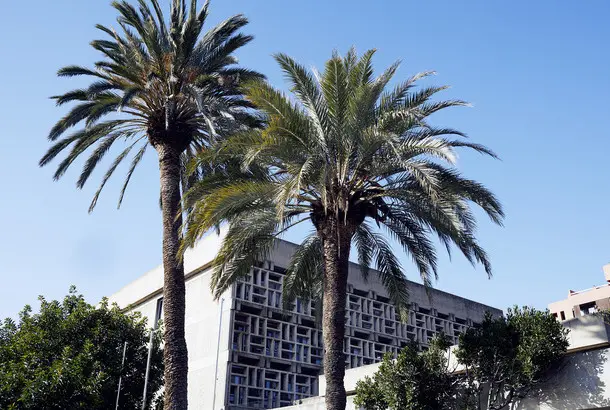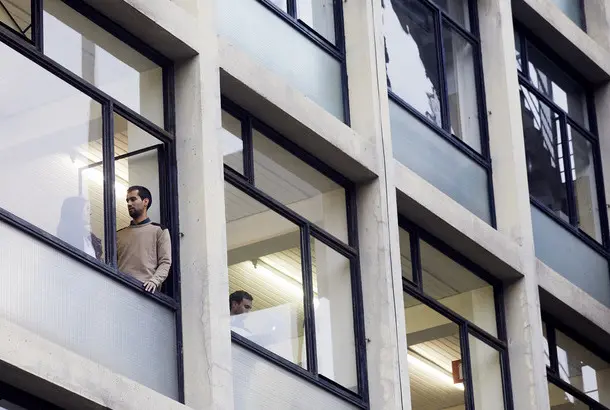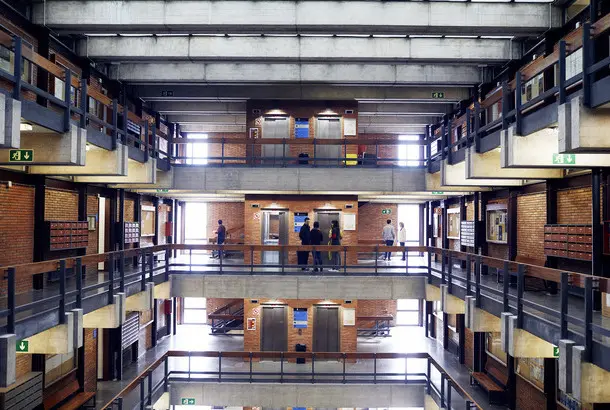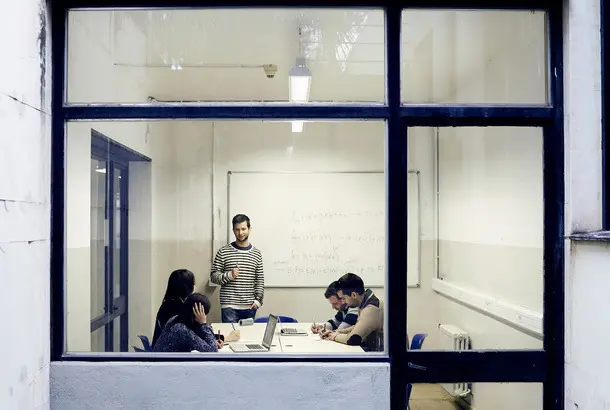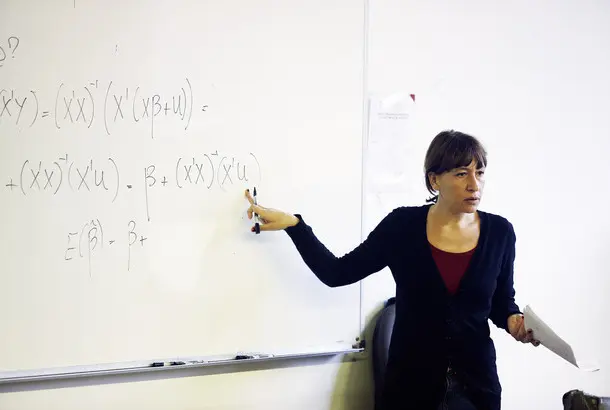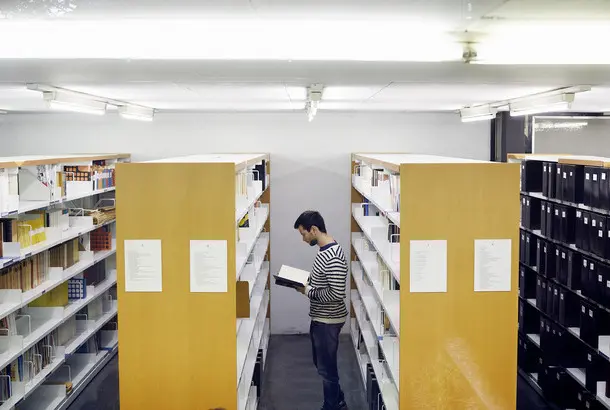The Political Economy of Immigration – Economics, Attitudes, and Votes: Unpacking Immigration Dynamics
On-Site
Summer schools
Summer School at the UB School of Economics is accredited in accordance with the European Credit Transfer System and will be recognized by the University of Barcelona as 2 ECTS credits.
Regular fees: 475 - 710 EUR
General fee: 710 euros*
Student fee: 475 euros
*25% discount on the general fee for early career researchers (within five years of the award of their PhD).
Fees: The fees cover coffee, a welcome dinner, a farewell cocktail, and materials required for the course. They do not cover lunches, accommodation, transport, or any other services.
Student fee eligibility: Eligibility for the student reduced fee is limited to full-time PhD or Master’s students enrolled at a university or college, recent graduates, or those starting university in the same year as the Summer School course. Proof of this status will be required at the time of application.
Student scholarships
Master and PhD students seeking financial aid may apply for one of the five student scholarships available. Each scholarship covers the course tuition fees. Applicants should add (i) a cover letter and (ii) a support letter from their supervisor or professor to the online application form. Please note that candidates already graduated will not be eligible to apply for scholarships.
Deadline for registration including student scholarship application is April 30th, 2025. Applications will be reviewed by the Summer School academic coordinator. Priority will be given to those working on a clearly related topic. The list of awarded participants will be published by May 15th, 2025.
Tuition fees already paid by participants awarded with one of the scholarships will be reimbursed as soon as possible
Master and PhD students seeking financial aid may apply for one of the five scholarships available.
Jordi Roca
In recent years, international migration has become one of the most politically charged issues worldwide. From Donald Trump’s campaign rhetoric to the Brexit Referendum and the rise of far-right parties across Europe, immigration has reshaped political landscapes, fueled populist movements, and influenced electoral outcomes.
This summer school explores the political economy of immigration, focusing on public attitudes, electoral consequences, and policy responses. Participants will engage with cutting-edge research on the role of economic anxiety, cultural threat, and identity politics, as well as the role of media and misinformation in shaping migration debates.
The programme will examine how immigration affects voting behaviour, the rise of populist and anti-immigration parties, and the political participation of immigrants. Finally, it will discuss policy responses, from border control and asylum policies to long-term integration strategies and the challenges posed by climate-driven migration.
Through the lens of recent cutting-edge research, participants will engage with studies that apply causal inference methods to understand migration’s impact on political attitudes, voting behaviour, and policy-making.
Academic Coordinator for the 2025 edition: Matteo Gamalerio (Universitat de Barcelona)
Lecturers
Andreas Steinmayr is a Professor of Empirical Economic Research at the University of Innsbruck. His research focuses on applied econometrics, labor economics, migration, education, and political economy. He is a Research Fellow at CReAM and the Institute of Labor Economics (IZA), a Research Affiliate at the Stanford/Zurich Immigration Policy Lab, and a Research Network Affiliate at CESifo. Using rigorous empirical methods, his work examines the economic and political effects of migration, offering insights into labor markets, education systems, and policy design. He engages with public institutions on policy matters related to migration and integration. He is a member of the Expert Council for Integration of the Austrian Public Employment Service (PES) and the Filipino Department of Migrant Workers.
Tanya Surovtseva is an Assistant Professor of Economics at the Universitat de Barcelona and an affiliated researcher at the Institut d’Economia de Barcelona (IEB). Her research focuses on labor economics and applied microeconomics, with a particular emphasis on the economics of immigration and gender economics. She was previously a Visiting Assistant Professor at NYU Abu Dhabi and a Marie Curie Research Fellow at Universitat Pompeu Fabra. She also held research positions at University College London’s Center for Research and Analysis of Migration (CReAM) and Universitat Pompeu Fabra. Her work applies empirical methods to study key issues in labor markets, migration, and gender disparities.
Course outline
- Day 1: Immigration in Context: Trends, Labour Markets, and Integration
- Day 2: Attitudes toward Immigration & Electoral Consequences
- Day 3: The Politics and Geopolitics of Migration
- Day 4: Policy, Solutions, and Future Challenges
- Day 5: Presentations
A more detailed course outline is available here.
Schedule
From Day 1 to Day 4, from 9:00h to 13:00h (including a mid-morning break) and from 14:00h to 15:00h. Each session will be structured as follows:
- 4 hours of traditional lectures, covering key topics related to the political economy of immigration.
- 1 hour of structured debates, where students will engage in discussions on selected topics.
To ensure meaningful participation in the debates, a reading list will be provided approximately two weeks before the start of the summer school. Additionally, students will receive individual emails specifying:
- The papers and topics they should prepare for each debate.
- Their assigned group and discussion role.
- The expectation that they should be ready to defend a particular viewpoint during the debate.
This interactive component aims to enhance critical thinking, encourage diverse perspectives, and foster dynamic discussions among participants.
On Day 5, from 9:30 to 13:30h (including a mid-morning break). The final session will be dedicated to student presentations in a mini-workshop format. Participants will have the opportunity to:
- Present their own research (especially PhD students).
- Share their work through posters.
- Engage with key policy topics by preparing and presenting insights from assigned policy papers.
Further details on the format and requirements will be provided closer to the summer school, once there is a clearer sense of participant interests and presentation demand.



